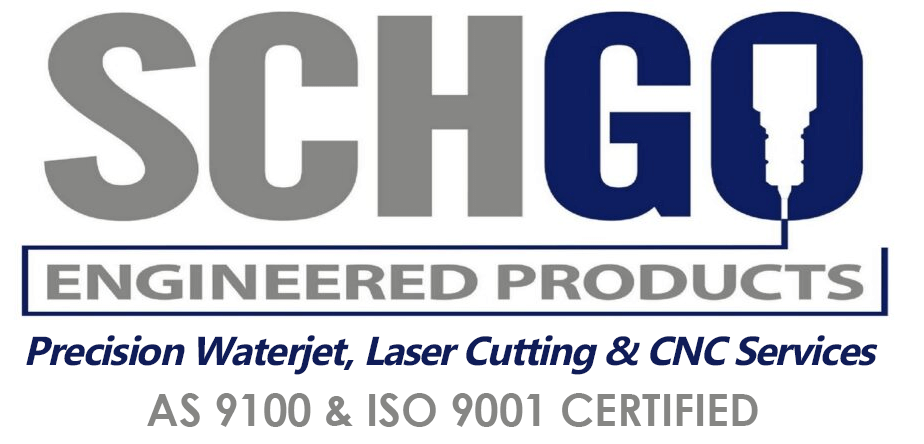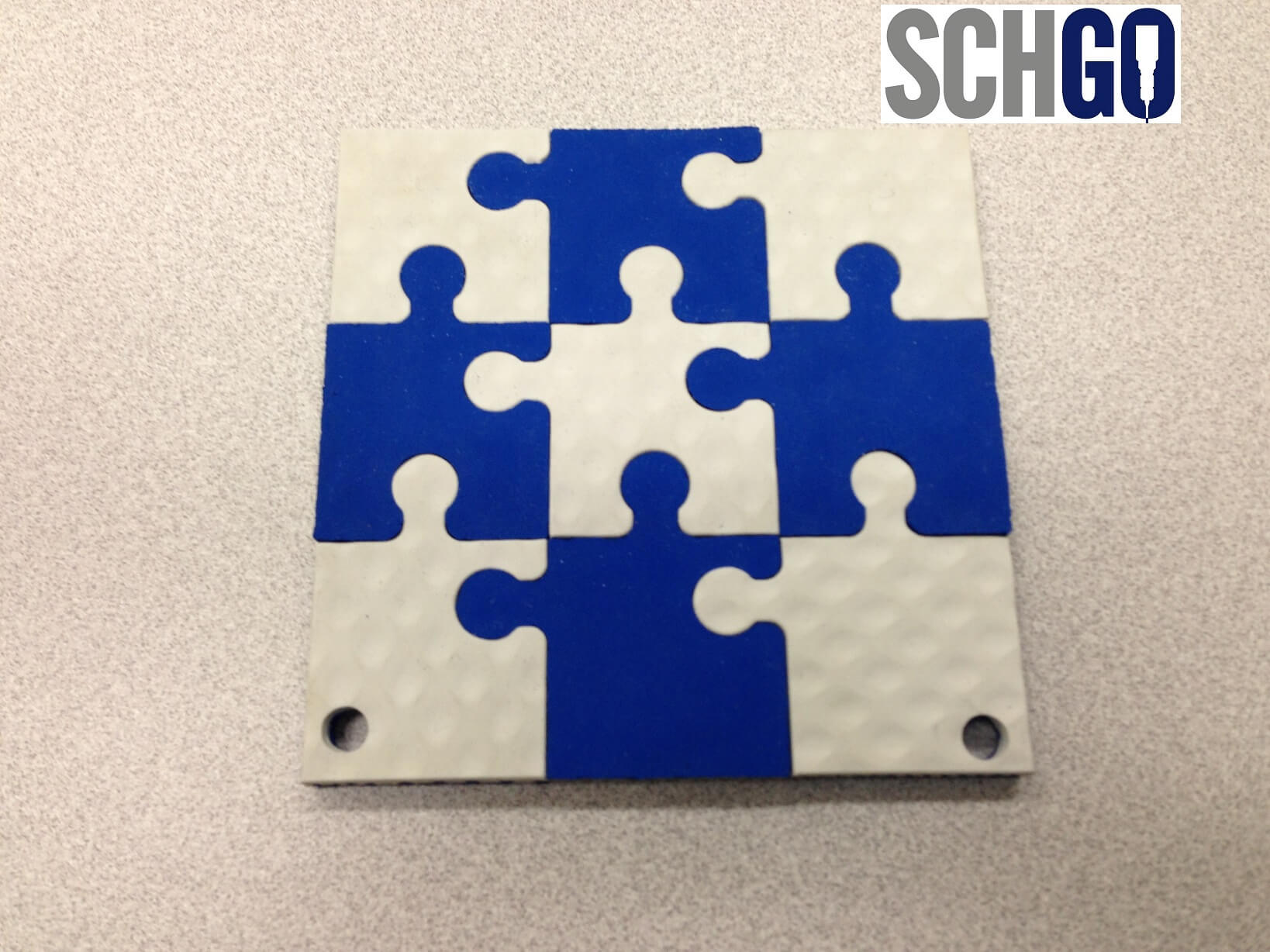Selecting the right materials for CNC machining projects is a critical step in ensuring the success and performance of your components. By carefully matching materials to the specific requirements of your application, you can enhance mechanical strength, corrosion resistance, thermal stability, and electrical conductivity. This guide will provide you with valuable insights and considerations to help you make informed decisions when selecting materials for your CNC machining projects.

Factors to Consider:
- Mechanical Strength: Evaluate the mechanical requirements of your application, including load-bearing capacity, impact resistance, and tensile strength. Choose materials with sufficient mechanical strength to withstand the stresses and forces encountered during operation.
- Corrosion Resistance: Consider the operating environment and exposure to corrosive elements such as moisture, chemicals, and temperature fluctuations. Select materials with excellent corrosion resistance properties to ensure long-term durability and performance.
- Thermal Stability: Assess the temperature range and thermal conditions your components will be subjected to during operation. Choose materials with high thermal stability to prevent dimensional changes, deformation, or degradation under extreme heat or cold conditions.
- Electrical Conductivity: If your application requires electrical conductivity or insulation properties, carefully select materials with the desired electrical properties. Factors such as conductivity, resistivity, and dielectric strength should be considered when choosing materials for electrical applications.
Matching Materials to Application Requirements:
- Identify the specific performance criteria and functional requirements of your CNC machining project.
- Evaluate material properties such as mechanical strength, corrosion resistance, thermal stability, and electrical conductivity to ensure compatibility with application requirements.
- Consult with material suppliers, engineers, and industry experts to gather insights and recommendations on suitable materials for your project.
- Consider the cost-effectiveness, availability, and processing capabilities of materials to align with project budget and timeline constraints.
Matching materials to application requirements is a crucial aspect of CNC machining projects, ensuring optimal performance, reliability, and longevity of components. By carefully evaluating factors such as mechanical strength, corrosion resistance, thermal stability, and electrical conductivity, you can select materials that meet the specific needs of your application. At SchGo Engineered Products, we’re committed to providing you with the expertise and support you need to make informed decisions and achieve success in your CNC machining projects.




